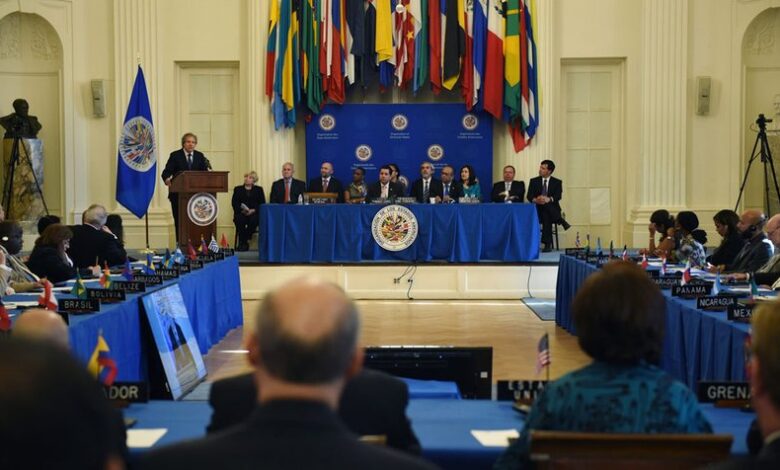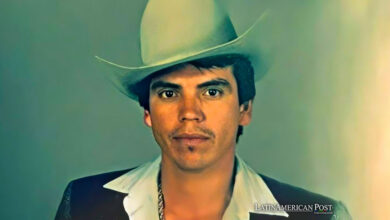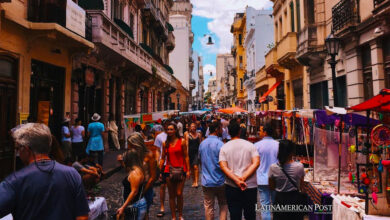How Venezuela can avoid suspension from the OASl


The history of Latin America and the Caribbean is plagued with dictators. That is why in 2001, the 34 countries of the OAS agreed to and signed the Inter-American Democratic Charter. They decided that they would never again suffer dictatorships and declared that democracy is a right of the people, one that governments must ensure.
Today, while you read these lines, in a South American country of more than 30 million people there is a dictatorship. That country is Venezuela.
Its government – in violation of its own constitution – does not allow the people to vote (it suspended the recall referendum and the gubernatorial elections in 2016), holds more than 100 people (among them the main opposition leader) behind bars for their ideas, has stripped the Parliament of its powers and has annulled its laws through the judiciary (completely controlled by the government), while the state security forces can arbitrarily detain and torture any citizen whenever the government decides to do so. We cannot continue to look away.
That is why I have called for a transparent and equitable way out of this situation through elections, with political prisoners freed, with individual freedoms guaranteed and with a functioning humanitarian-aid channel. Restoring the rights of the people is fundamental and the only thing that will allow Venezuela to rejoin the group of democratic countries of the hemisphere.
The government of Nicolas Maduro is an authoritarian system, as well as an inefficient and corrupt one: there is a drastic food shortage, sick people do not have medicine, inflation stands at 700 per cent and the country has one of the highest homicide rates in the world. All this while the amount of loss of public funds due to corruption by the ruling class is estimated at $300-billion (U.S.), and government activities are tied to drug trafficking. All this data is proven. I have presented it on multiple occasions and nobody has tried to deny it.
For all of these reasons, the OAS member countries must assert their commitment to democracy. In practical terms, the Charter has two articles that set forth the possibilities for action today given the urgency of the situation: article 20 and article 21. Article 20 states that in the event of an unconstitutional alteration of the constitutional regime that seriously impairs the democratic order in a member state, diplomatic initiatives can be undertaken, including good offices.
This path of article 20, through the course of events, has been under way for three years and has failed: Since 2014 these measures have been undertaken by the Foreign Ministers of UNASUR, the countries that make up the OAS Permanent Council, the countries of Mercosur, the former presidents designated by UNASUR, the Group of 15 in the OAS, the expanded group of 15, Pope Francis and his envoys and the U.S. State Department, among others.
And despite all of these efforts, none achieved results. Because it was part of the government’s plan not to achieve results. If they all failed when faced with the denials of the Venezuelan government, who could succeed? How much longer do the people of Venezuela have to keep suffering from oppression and hardships?
That is why I have proposed – in a short period of time, within one month, a truly democratic path with clear signals in that direction, including the release of prisoners, a timetable for elections, the opening of a humanitarian channel – the suspension of Venezuela from the OAS, provided for in Article 21 of the Inter-American Democratic Charter. Because there is no other way. The 33 countries of the region must show unity and take a stand in defence of the democracy under attack.
This week there will be many contacts between the General Secretariat and the member countries that aim to co-ordinate actions toward that goal. We are not against dialogue. We are against the failure of dialogue. Suspension is not our goal. It is simply the last path that we can find in our regulatory framework to ensure that the government of Venezuela, faced with isolation and a loss of legitimacy due to a decision of its peers, in addition to the demands of its citizens, can be forced to call presidential elections that will return democracy, liberties and prosperity to the country. I believe that, as those who have faith in democracy in the hemisphere, it is our genuine obligation.




